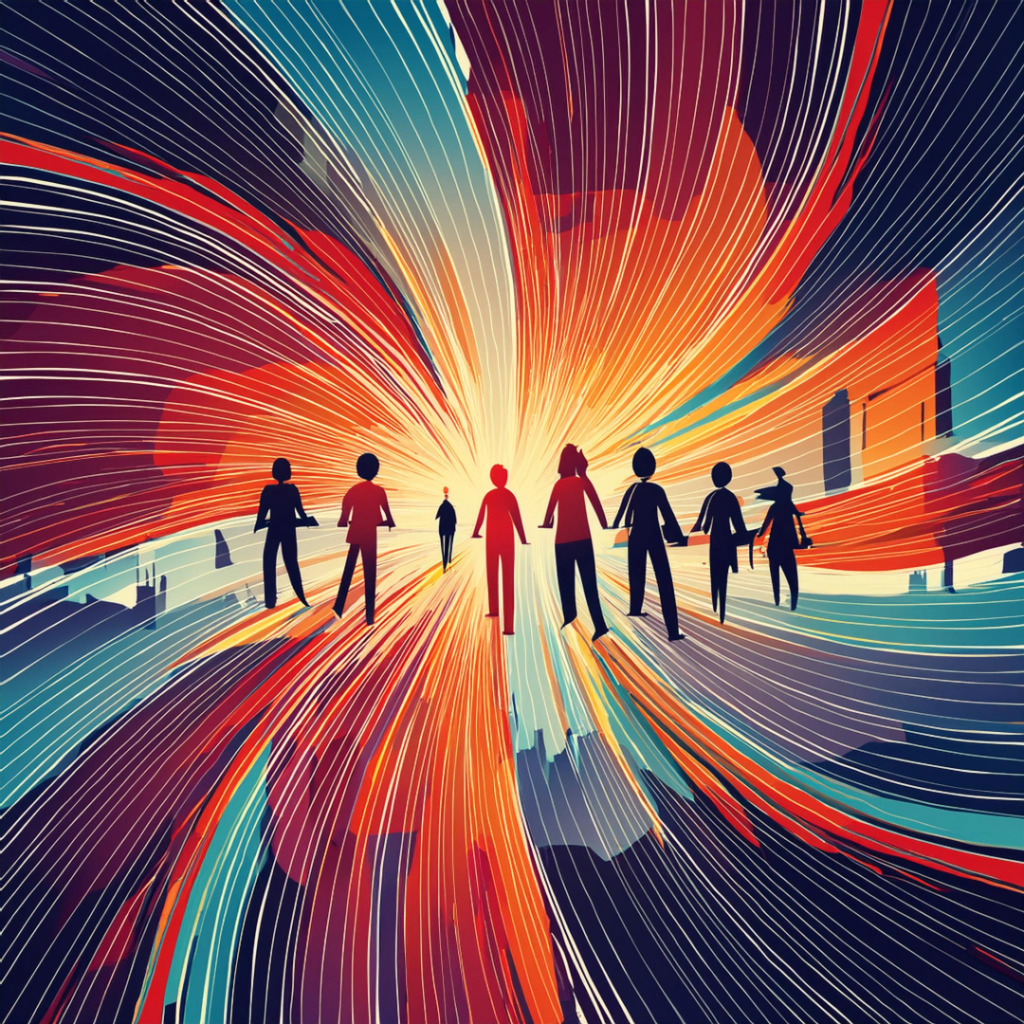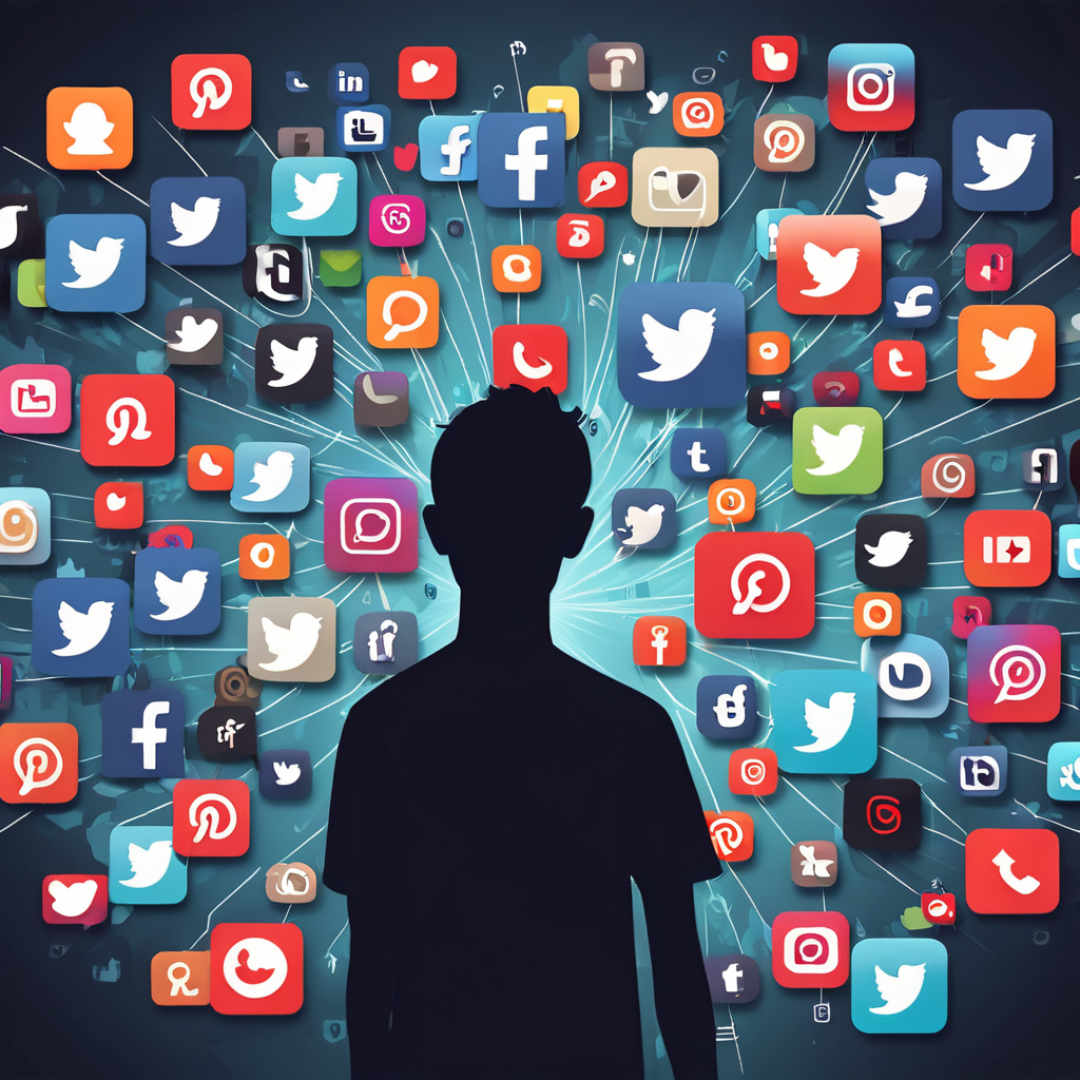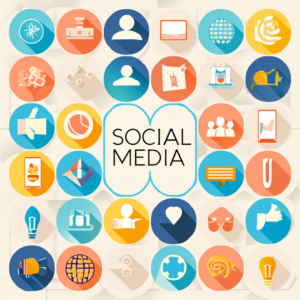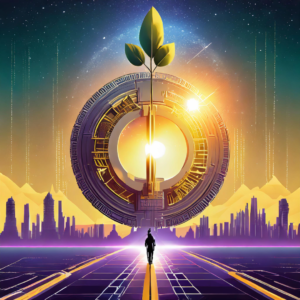In the digital cosmos where tweets twinkle like stars and memes morph into constellations, an unseen force shapes our cultural universe. Welcome to the nebula of social media’s Impact of Social Media on Pop Culture
Social media has become a dominant force in pop culture over the last decade. Platforms like Facebook, Twitter, Instagram, YouTube, and TikTok have fundamentally changed how trends emerge and spread in music, fashion, slang, memes, activism, and more. Whereas pop culture trends used to spread more slowly through traditional media, social media has enabled viral phenomena to arise and permeate the mainstream almost instantly.
This seismic shift has had profound effects on the entertainment industry, celebrity culture, journalism, politics, and society as a whole. Social media allows anyone to potentially reach an audience of millions with a single post that resonates. It has decentralized who determines what becomes popular and influential. On the positive side, this has diversified pop culture and provided a platform for marginalized voices. However, it has also enabled the rapid spread of misinformation, outrage, and toxicity.
Overall, social media has become a dominant force in shaping pop culture. This content will examine the major ways social media has influenced music, celebrities, activism, language, memes, and entertainment. It will analyze both the positive and negative impacts of social media’s rise as a pop culture arbiter and the disruptive effects it has had on industries and society. The goal is to provide a comprehensive look at this profound shift in how pop culture is created, spreads, and is consumed in the digital age.
- Navigating the Future : Promises and Challenges of AR/VR Technology : Read More Here
Rise and Impact of Social Media on Pop Culture
Social media platforms have seen explosive growth over the past 15 years, fundamentally changing how people communicate and share information. Early social networks like Facebook, Twitter and Instagram allowed users to connect with friends and share updates, photos and videos. This shifted communication and self-expression online at massive scale.
Facebook, founded in 2004, rapidly grew to over 2 billion monthly active users by 2017. Twitter, founded in 2006, reached 330 million monthly active users by 2019. Instagram, acquired by Facebook in 2012, hit 1 billion monthly active users in 2018. The rise of smartphones and mobile apps fueled growth by allowing access anytime, anywhere.
Newer platforms like TikTok have continued the trend. TikTok, launched in 2016, reached over 1 billion monthly active users in 2021. Its short video format resonated widely with younger audiences. YouTube, founded in 2005, has over 2 billion monthly logged-in users. It popularized user-generated video and created a new class of video creators and influencers.
Overall, billions of people now turn to social platforms to stay connected, express themselves, get news and entertainment. Social media has fundamentally changed interpersonal communication, self-expression, pop culture, business marketing and more. Its meteoric growth continues to accelerate.

- Unlocking the Potential : Guide to AR/VR Technology and Its Current Applications : Read More
Viral Trends
Social media has become the primary channel for viral content and trends to spread rapidly online. Platforms like Twitter, Facebook, Instagram, TikTok, and YouTube all have features that enable virality through sharing, retweeting, hashtags, algorithms that promote trending content, and more. This has led to many meme trends, viral videos, viral posts, and online challenges that explode in popularity and become a part of mainstream pop culture.
Some major examples of viral trends powered by social media include memes like Doge, Distracted Boyfriend, and Success Kid. Dance crazes and challenges frequently go viral on apps like TikTok and Instagram, like the Renegade, In My Feelings challenge, and Harlem Shake. YouTube helped catapult musicians like Justin Bieber and Shawn Mendes to fame after their homemade videos went viral. Twitter hashtags like #BlackLivesMatter, #MeToo, and #IceBucketChallenge have unified millions around social causes. Apps like Houseparty, Clubhouse and Twitch have popularized new forms of social interaction.
Social media’s impact is clear in the spread of viral content, memes, challenges, and online phenomena that shape pop culture and collective experiences/conversations. Platform algorithms and network effects lead to mass adoption of these trends and viral moments.
- Unleashing the Power of 5G Technology: Transforming Industries and Shaping the Future : Read Here
Influencers and their role in Impact of Social Media on Pop Culture
Social media has given rise to a new type of celebrity – the influencer. Whereas traditional celebrities gained fame through movies, music, sports, etc., influencers have built their followings entirely through social media platforms. There are different types of influencers, ranging from lifestyle vloggers to fashion models to subject experts.
Some influencers focus on documenting and sharing details of their day-to-day lives. These lifestyle vloggers build an emotional connection with their audience, who feel like they are part of the influencer’s social circle. Brands have tapped into the power of these social media stars, partnering with them to promote products and services.
Other influencers have gained fame by sharing their expertise in a particular subject like fitness, cooking, gaming, and more. Their knowledge and authority on these topics allows them to impact their followers’ purchasing decisions. For example, a fitness influencer may convince their fans to buy the same workout clothes or use certain sports supplements.
The rise of influencers has greatly impacted the fashion and beauty industries. Young people eagerly follow the style of their favorite Instagram models and YouTubers, seeking to buy the same clothes and makeup products. Influencers have replaced traditional celebrities and models as the new faces of brands and advertising campaigns.
Overall, influencers have a powerful effect on pop culture and consumer trends. People look to them for advice, recommendations, and inspiration. Brands are taking advantage of their impact to drive awareness and sales. The influencer marketing industry is only expected to continue growing.
- Unlocking the Potential: The Transformative Impact of 5G Technology Impact Across Industries : Read Here




